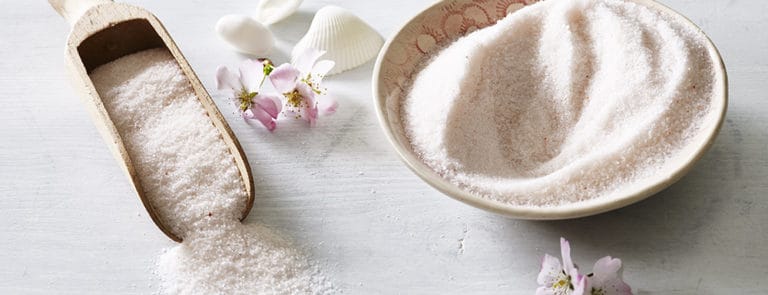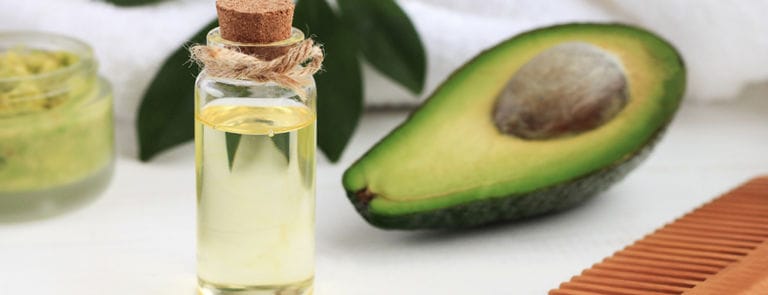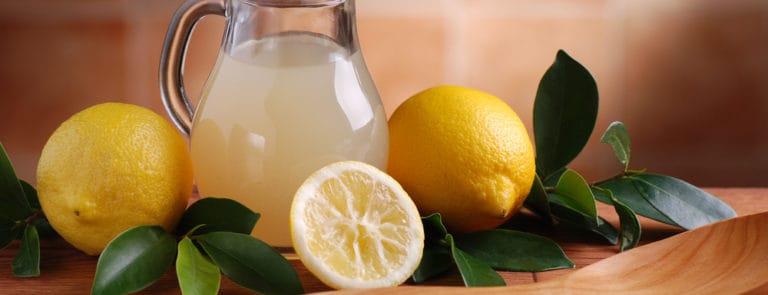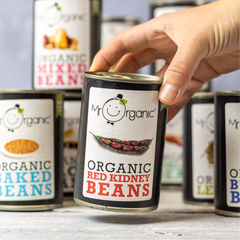B&C
|Carousel main title
Main title
6 red raspberry seed oil benefits
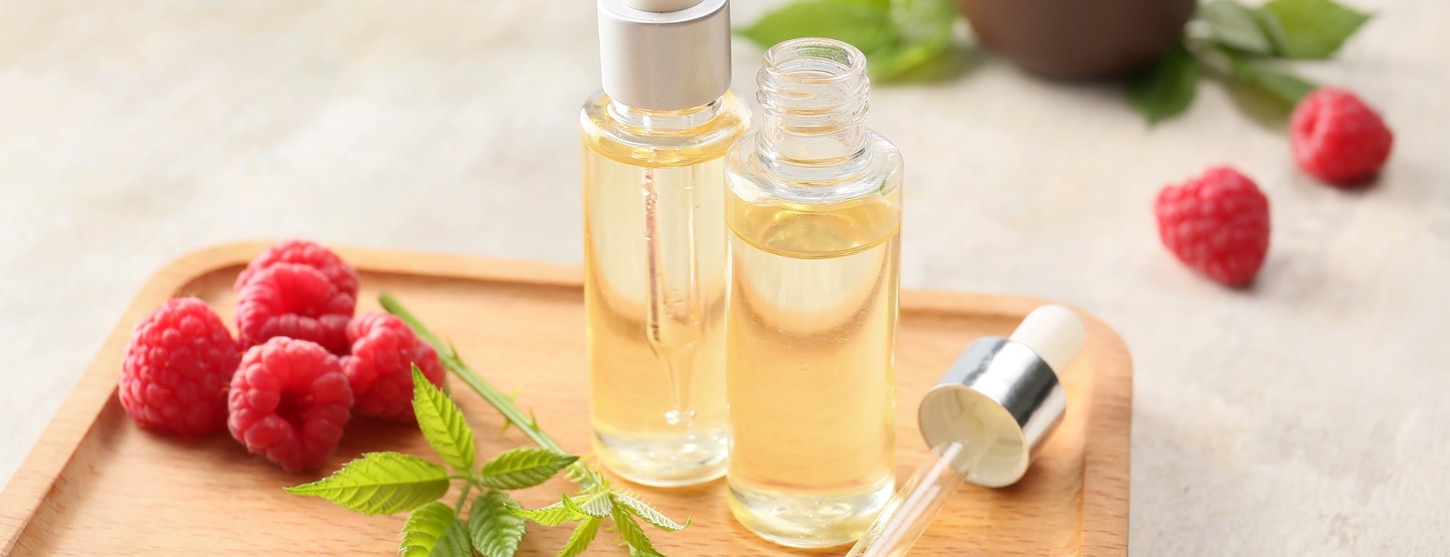
There’s a new skincare ingredient on the block, enter red raspberry seed oil. Not heard of it?
We’ve got the low down on all things raspberry seed oil, so you can add it to your skincare routine and reap the benefits.
In this article, we’ll go through
- What red raspberry seed oil is
- 6 benefits of raspberry seed oil
- How to use it
- Potential side effects
What is red raspberry seed oil?
Let’s get things straight, what actually is raspberry seed oil?
Essentially, it is the product of cold-pressed raspberry seeds, and an entirely different product to raspberry essential oil that is used for aromatherapy.1
6 raspberry seed oil skin benefits
So, what’s the hype? We’ve addressed seven of the key benefits of red raspberry seed oil and why it’s worth including in your skincare schedule, below.
-
It has antioxidant properties
We can’t write an article about raspberry seed oil benefits without mentioning that it is an excellent source of vitamin E for your skin.1
And guess what the main role of vitamin E is? Acting as an antioxidant.3
And what makes antioxidants so great for your skin is their ability to support your skin health.
For example, vitamin E has been shown as potentially beneficial for things like hyperpigmentation and help delaying wrinkles from developing.4,5
-
It is hydrating
We all know how important staying hydrated is for keeping us healthy, and the same applies to our skin. Thankfully though, there are a number of natural ways you can increase your skin hydration – and red raspberry seed oil may be one of them.
Studies have shown that raspberry seed oil has a high level of phytosterols, which in turn reduces trans epidermal water loss – aka the amount of water that passes through your skin.6,7
-
Rich in vitamin A
As well as being a rich source of vitamin E, raspberry seed oil also boasts impressive vitamin A contents. Vitamin A in particular is super important because it helps to maintain our skin.8
Retinols are big on the beauty scene at the moment, so you may be interested to know that this specific retinoid is found in vitamin A!9
-
It doesn’t clog your pores
Yep, that’s right! If you use red raspberry seed oil on your skin, it shouldn’t clog your pores as it is pretty much noncomedogenic.
When it comes to its comedogenic rating, it is given a 1, which means that it is very unlikely to clog your pores, and in turn lead to breakouts.10
-
It may have anti-ageing properties
Another potential benefit of red raspberry seed oil that is well known in the beauty community is that it may have anti-ageing affects.
This is because it offers impressive alpha linolenic contents, which have been highlighted as a natural anti-ageing compound.11
-
May help to absorb some UV rays
Although it can’t be used as sun protection on its own as it doesn’t offer complete protection, studies have shown that it may absorb UV-B and UV-C rays.12
So this means that you can use it before applying your sun cream to provide added moisture and some UV absorption.
How to use raspberry seed oil
Want to give raspberry seed oil a go? Using it is simple, all you need to do is add a few drops to your palm, then gently massage and press it into your skin after cleansing.
Potential side effects of red raspberry oil
Fortunately, there aren’t any reported side effects of using red raspberry seed oil. However, if you are allergic to raspberries, you may have a similar reaction to this oil. Symptoms to look out for include:13
- Redness
- Itching
- Swelling
The final say
Raspberry seed oil has a whole host of benefits, like providing your skin with hydration. Excited to add it to your skincare hoard?
If you have any pre-existing skin conditions, just be sure to speak with your GP or a dermatologist before giving it a try.
Last updated: 13 May 2022
- https://www.ncbi.nlm.nih.gov/pmc/articles/PMC8151122/
- https://www.ncbi.nlm.nih.gov/pmc/articles/PMC8151122/
- https://www.hsph.harvard.edu/nutritionsource/vitamin-e/
- https://www.ncbi.nlm.nih.gov/pmc/articles/PMC4976416/
- https://www.ncbi.nlm.nih.gov/pmc/articles/PMC3789494
- https://www.ncbi.nlm.nih.gov/pmc/articles/PMC8151122/
- https://www.researchgate.net/figure/Mean-values-of-transepidermal-water-loss-recorded-for-cream-containing-trehalose-and_fig2_336812107
- https://www.ncbi.nlm.nih.gov/pmc/articles/PMC8151122/
- https://www.nhs.uk/conditions/vitamins-and-minerals/vitamin-a/
- https://www.herbaldynamicsbeauty.com/blogs/herbal-dynamics-beauty/understanding-the-comedogenic-scale-for-oils-and-butters
- https://www.ncbi.nlm.nih.gov/pmc/articles/PMC7927099/
- https://www.sciencedirect.com/science/article/abs/pii/S0308814699002605
- https://www.aaaai.org/Conditions-Treatments/Allergies/Skin-Allergy
